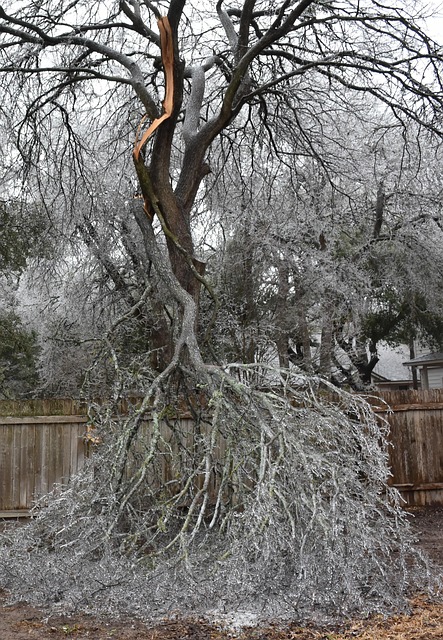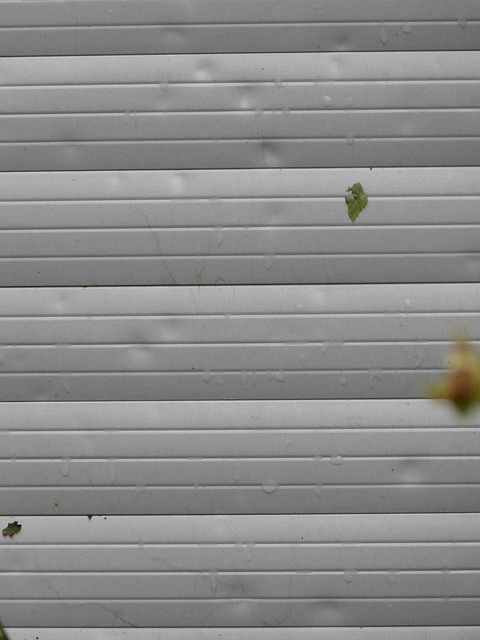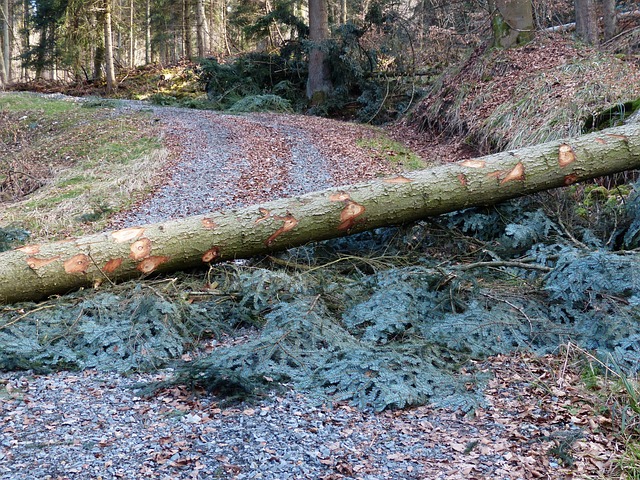Oregon's rental mold laws protect tenants by holding landlords accountable for safe, mold-free living spaces. Tenants have the right to notify landlords immediately about mold issues and request prompt inspections and remediation (often within 48 hours). To prevent mold growth, tenants should maintain proper cleanliness, ventilation, and air circulation. If mold is discovered, take swift action: document the issue, inform your landlord, follow health recommendations, keep records of communications and repairs, and escalate with tenant advocacy or legal help if necessary, focusing on your tenant rights regarding mold.
In Oregon, tenant rights regarding mold in rental units are protected by stringent laws. Understanding these regulations is crucial for both tenants and landlords. This article guides you through Oregon’s rental mold laws, outlining tenant responsibilities, rights, and essential steps to take if mold is discovered. By familiarizing yourself with these measures, you can ensure a safe living environment and know your rights in case of mold-related issues.
- Understanding Oregon's Rental Mold Laws
- Tenant Rights and Responsibilities
- Steps to Take If You Find Mold in Your Rental Unit
Understanding Oregon's Rental Mold Laws

Oregon has established rental mold laws to protect tenant rights and ensure safe living conditions. These laws are designed to address one of the most common issues faced by renters—mold growth in rental properties. According to Oregon law, landlords are responsible for maintaining a habitable unit free from health hazards, including mold. This includes conducting regular inspections and addressing any instances of mold promptly.
Tenants have the right to live in an environment that is free from excessive mold growth, which can cause respiratory issues and other health problems. If tenants discover mold or suspect its presence, they should notify their landlord immediately. The law requires landlords to take corrective actions within a reasonable timeframe, often within 48 hours for urgent situations. This proactive approach ensures that the issue is resolved swiftly, protecting both tenant rights and the overall well-being of the occupants.
Tenant Rights and Responsibilities

Tenants in Oregon have specific rights and responsibilities, especially regarding mold issues. One of the key rights is to live in a safe and habitable environment, free from harmful molds that can cause health problems. If a tenant discovers mold in their rental property, they should immediately notify the landlord or property manager. Tenants have the right to request a timely inspection and remediation of the mold problem.
Responsibly, tenants should also take proactive measures to prevent mold growth. This includes keeping the property clean, maintaining proper ventilation, addressing any water leaks promptly, and ensuring good air circulation. By understanding their rights and responsibilities, tenants can effectively navigate mold-related issues and ensure a healthy living environment within their rental space.
Steps to Take If You Find Mold in Your Rental Unit

If you, as a tenant, discover mold in your rental unit in Oregon, it’s crucial to act swiftly while protecting your rights. The first step is to document the issue by taking photos and noting the specific areas affected. Communicate your findings promptly with your landlord or property manager; they are legally obligated to address habitable conditions like mold growth.
Next, ensure your safety by adhering to recommendations from health experts. This might involve temporary relocation until the cleanup is complete. Keep records of all communications related to the incident and any repairs made. If the landlord fails to take appropriate action within a reasonable timeframe, you have the right to escalate the issue with help from local tenant advocacy groups or legal professionals who specialize in tenant rights and mold-related disputes.






